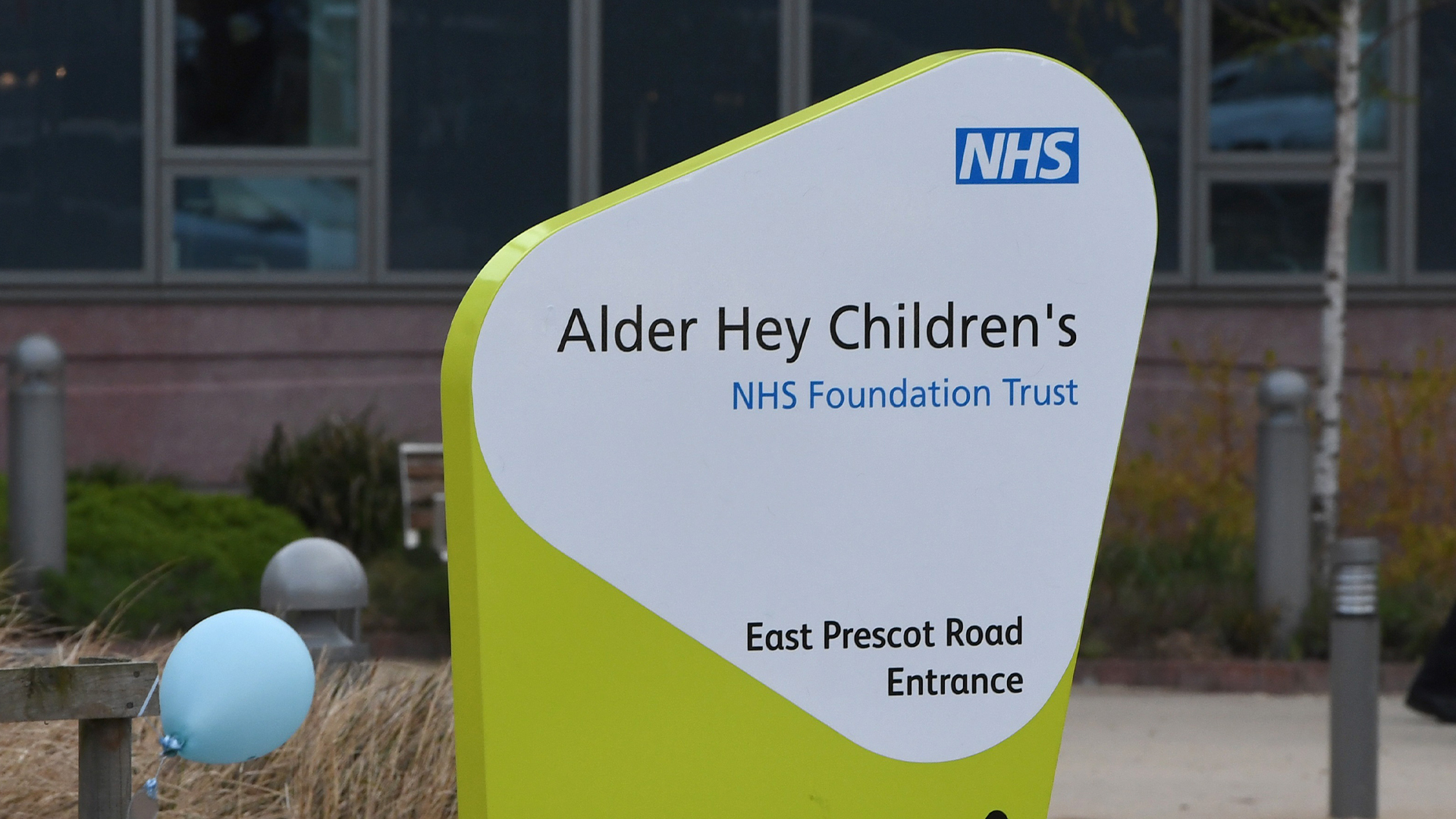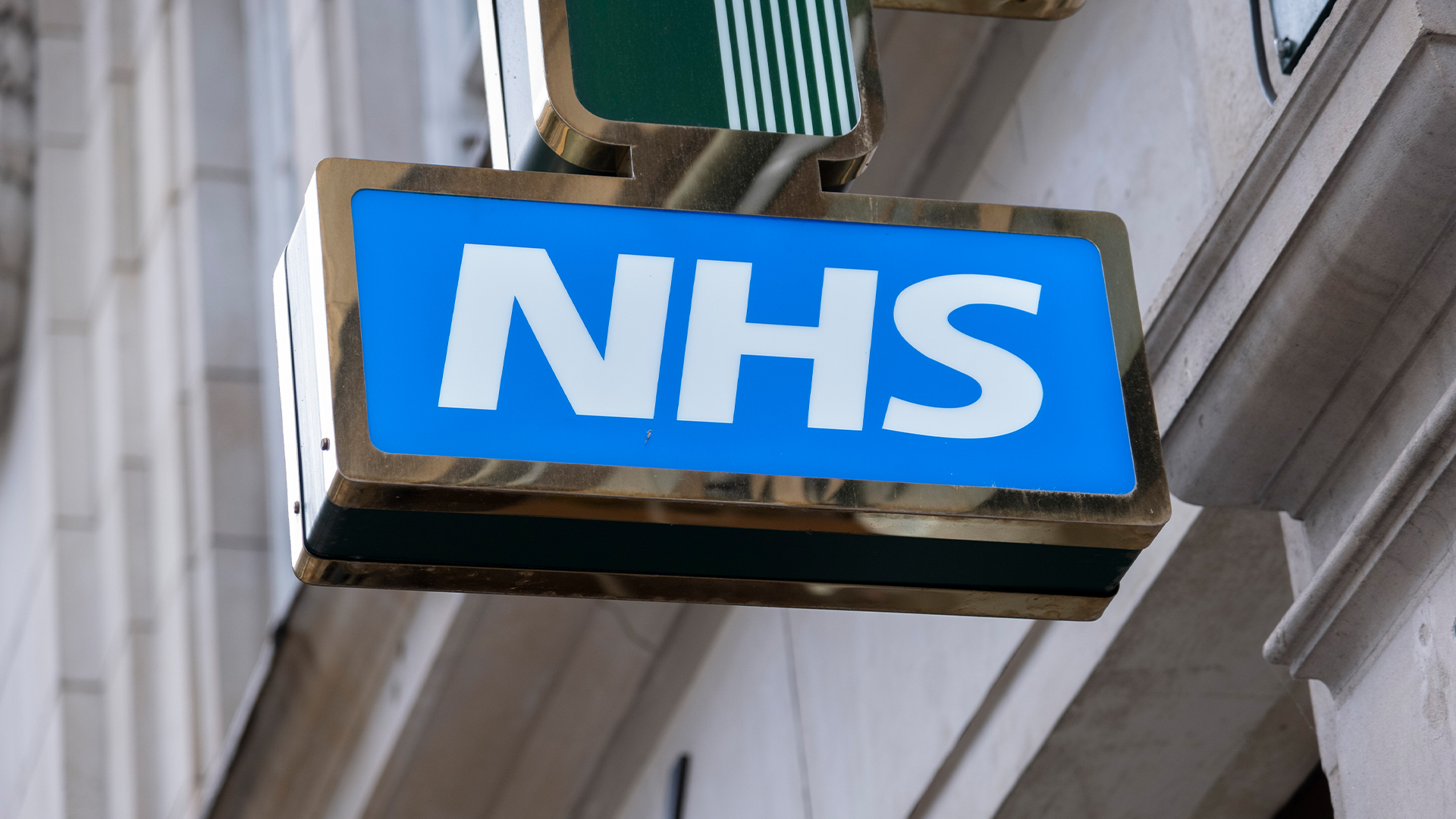NHS to face compulsory data protection audits by law
The Information Commissioner's Office (ICO) now has the power to carry out compulsory data audits within NHS organisations

NHS organisations could now find themselves facing compulsory Data Protection Act audits from The Information Commissioner's Office (ICO), thanks to a recent change in the law.
The new legislation came into force on 1 February and allows the ICO to carry out compulsory data protection audits against NHS Trusts, GP surgeries and Community Healthcare Councils for the first time.
Private companies that provide services within the NHS will be exempt from taking part in compulsory audits.
The aim of the audits is to ascertain how NHS organisations handle patients' personal data, in terms of how it is secured, recorded, shared and how well trained staff are in protecting it.
Previously, the data protection watchdog only had the authority to carry out these types of data protection assessments on central government departments.
The NHS has traditionally had a hit and miss approach to data protection matters, with recent ICO figures revealing a massive spike in data breaches affecting the healthcare sector over the past 12 months.
Furthermore, the NHS was famously hit with a record data protection fine in 2012 totalling 325,000 after a Trust accidentally disclosed personal information belonging to thousands of staff and patients.
Get the ITPro daily newsletter
Sign up today and you will receive a free copy of our Future Focus 2025 report - the leading guidance on AI, cybersecurity and other IT challenges as per 700+ senior executives
The data was found on hard drives sold via an internet auction site in 2010.
To date, the ICO has levied fines totalling 1.3 million against NHS organisations.
Christopher Graham, the Information Commissioner, said in a statement the NHS is one of the worst offenders for failing to keep personal data secured.
"The Health Service holds some of the most sensitive personal information available, but instead of leading the way in how it looks after that information, the NHS is one of the worst performers. This is a major cause for concern," Graham said. "Time and time again we see data breaches caused by poor procedures and insufficient training. It simply isn't good enough. "We fine these organisations when they get it wrong, but this new power to force our way into the worst performing parts of the health sector will give us a chance to act before a breach happens. It's a reassuring step for patients," he added.
-
 NHS supplier hit with £3m fine for security failings that led to attack
NHS supplier hit with £3m fine for security failings that led to attackNews Advanced Computer Software Group lacked MFA, comprehensive vulnerability scanning and proper patch management
By Emma Woollacott
-
 Cyber attack delayed cancer treatment at NHS hospital
Cyber attack delayed cancer treatment at NHS hospitalNews A cyber attack at Wirral University Teaching Hospital in 2024 delayed critical cancer treatment for patients, documents show.
By Nicole Kobie
-
 Alder Hey Children’s Hospital confirms hackers gained access to patient data through digital gateway service
Alder Hey Children’s Hospital confirms hackers gained access to patient data through digital gateway serviceNews Europe’s busiest children’s hospital confirmed attackers were able to steal data from a compromised digital gateway service
By Solomon Klappholz
-
 Major incident declared as Merseyside hospitals hit by cyber attack
Major incident declared as Merseyside hospitals hit by cyber attackNews The incident, which has led to cancelled appointments, is just the latest in a series of attacks on healthcare organizations
By Emma Woollacott
-
 AI recruitment tools are still a privacy nightmare – here's how the ICO plans to crack down on misuse
AI recruitment tools are still a privacy nightmare – here's how the ICO plans to crack down on misuseNews The ICO has issued guidance for recruiters and AI developers after finding that many are mishandling data
By Emma Woollacott
-
 “You must do better”: Information Commissioner John Edwards calls on firms to beef up support for data breach victims
“You must do better”: Information Commissioner John Edwards calls on firms to beef up support for data breach victimsNews Companies need to treat victims with swift, practical action, according to the ICO
By Emma Woollacott
-
 LinkedIn backtracks on AI training rules after user backlash
LinkedIn backtracks on AI training rules after user backlashNews UK-based LinkedIn users will now get the same protections as those elsewhere in Europe
By Emma Woollacott
-
 UK's data protection watchdog deepens cooperation with National Crime Agency
UK's data protection watchdog deepens cooperation with National Crime AgencyNews The two bodies want to improve the support given to organizations experiencing cyber attacks and ransomware recovery
By Emma Woollacott

